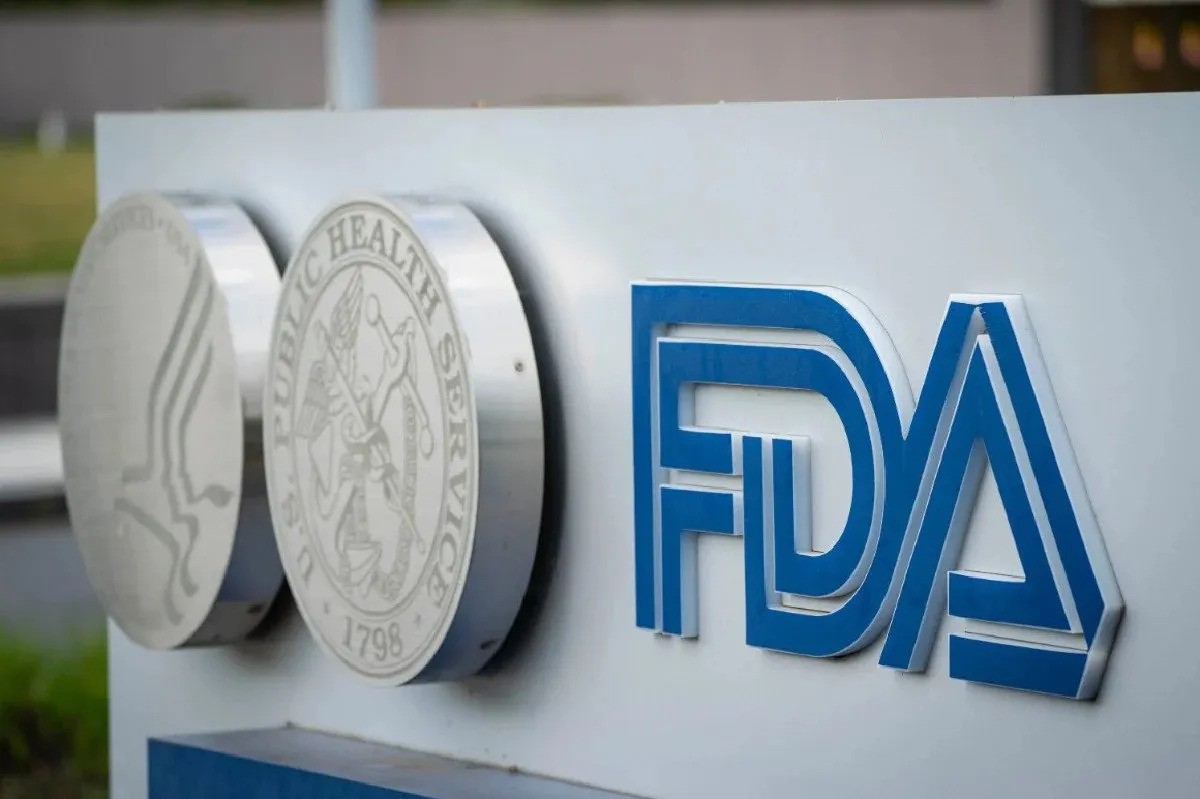Written by Suzanne Burdick, Ph.D.,
The U.S. Food and Drug Administration (FDA) informs departing workers that they can still influence the agency’s decision-making after leaving their position to work for the pharmaceutical industry, a new investigation by The BMJ revealed
According to an internal email obtained by The BMJ, the FDA told departing staffer Doran Fink, M.D., Ph.D. — who had reviewed COVID-19 vaccines while working at the FDA and who had accepted a job at Moderna — that although U.S. law prohibits some forms of lobbying contact between former FDA workers who leave to join the private sector, they “do not prohibit the former employee from other activities, including working ‘behind the scenes.’”
Peter Doshi, Ph.D., who wrote The BMJ’s July 1 report, told The Defender he was surprised to see “just how proactive FDA is at informing departing employees of their ability to work behind the scenes post-FDA.”
Doshi is a senior editor at The BMJ and associate professor of pharmaceutical health services research at the University of Maryland School of Pharmacy.
He said the FDA’s ethics program staff emailed the information to Fink as he was completing his FDA exit requirements.
“I was even more surprised,” Doshi said, “to learn that the phrase ‘behind-the-scenes assistance’ actually appears in U.S. regulations.”
U.S. law forbids direct lobbying contact between former regulatory staff and federal agencies — but it allows indirect contact. “I’ve yet to hear an argument for how this serves the public interest,” Doshi said.
The fact that the legal ability to work “behind the scenes” is woven into federal regulations highlights a “critical, critical loophole” in U.S. revolving door policy, according to Craig Holman, Ph.D., a government affairs lobbyist for the consumer advocacy nonprofit Public Citizen who was interviewed for The BMJ’s report.
“So, people will leave government service and can immediately start doing influence peddling and lobbying,” Holman said. “They can even run a lobbying campaign, as long as they don’t actually pick up the telephone and make the contact with their former officials — and that’s exactly the advice that’s being given here.”
Holman told The Defender the legally sanctioned revolving door between U.S. regulators and the industries they regulate is “the most pernicious influence-peddling scheme available to wealthy special interests.”
“The prospects of lucrative private employment after public service can influence official actions by regulators,” he explained. “And the inside connections within the regulatory agency by the revolver [the person leaving federal service to work for industry] gives the business community a strong advantage over influencing upcoming regulatory actions.”
FDA repeatedly advises departing staff on ‘behind the scenes’ work
In its report, The BMJ revealed that the FDA’s advice to departing staff on “behind the scenes” work wasn’t limited to one email but appeared repeatedly in emails to Fink and emails to Dr. Jaya Goswami.
Goswami in June 2022 joined Moderna as its director of clinical development in infectious diseases after serving from March 2020 to June 2022 as a medical officer in the FDA’s Center for Biologics Evaluation and Research. She was responsible for evaluating whether the clinical data for Moderna’s COVID-19 vaccine met regulatory standards for approval.
“The FDA’s guidance seems to be part of the standard boilerplate advice sent to employees by FDA staff responsible for ethical compliance,” Doshi wrote.
It’s also on the FDA’s website on post-employment restrictions.
‘This is the key to the revolving door’
Diana Zuckerman, Ph.D., president of the nonprofit National Center for Health Research and a regulatory policy analyst with decades of experience, told The BMJ she was surprised by the FDA’s advice on behind-the-scenes work.
“I had this vision that they actually had meaningful restrictions on what people could do for at least a year” after serving at a federal agency, she said.
Zuckerman voiced concern about how proactive the FDA was in providing behind-the-scenes work information to workers as they leave federal service. “I just think that this is the key to the revolving door.”
“It’s one thing to know it happens,” she said “and it’s another thing to know that the [FDA] ethics folks are saying, ‘Don’t worry, you can do this.’”
Zuckerman told The Defender it’s an “outrageous situation for the FDA’s so-called ethics office to be telling employees they can do behind-the-scenes work and, to some extent, encouraging it.”
Behind-the-scenes lobbying can be just as powerful as direct lobbying, she said. The FDA’s practice of proactively telling employees they can do behind-the-scenes work “undermines the integrity of the FDA and is unfair to patients,” Zuckerman added.
The FDA told The BMJ it wasn’t concerned that proactively informing employees about their ability to work behind the scenes could be interpreted as encouraging former FDA staff indirectly to lobby the agency.
“Working behind the scenes does not necessarily equate to direct or indirect lobbying activities,” the FDA spokesperson said. “Lobbying activities are governed by the Lobbying Disclosure Act. Former employees would need to adhere to these requirements, just like any other individual or organization.”
Legislators need to close the loophole
Meanwhile, some are pushing to close the legal loophole that allows those who leave federal agencies like the FDA to influence the agency after they take industry jobs.
Federal lawmakers on May 1 introduced legislation to amend the law regulating restrictions on departing employees. “It seems it’s time for this loophole to be fixed,” Doshi said.
Dubbed the Fixing Administrations Unethical Corrupt Influence (FAUCI) Act, the bill would prohibit “former employees of covered health agencies” from serving on the boards of manufacturers of drugs, biological products, or devices after public service.
Versions of the FAUCI Act were introduced in both the Senate and the House of Representatives.
In June 2023, Sen. Elizabeth Warren (D-Mass.) introduced legislation to curtail behind-the-scenes lobbying activity.
So far, none of the bills have passed.
Additionally, Holman in 2021 helped draft legislation that would have prohibited anyone in the FDA responsible for issuing a contract to a company from taking a job with that company for two years.
The legislation was “largely ignored” and did not receive a hearing, Holman told The Defender. “It may take future scandals to get Congress to address the problem.”
The Defender reached out to the FDA for comment on The BMJ’s report but did not receive a response by deadline.
Source: https://principia-scientific.com
Disclaimer: We at Prepare for Change (PFC) bring you information that is not offered by the mainstream news, and therefore may seem controversial. The opinions, views, statements, and/or information we present are not necessarily promoted, endorsed, espoused, or agreed to by Prepare for Change, its leadership Council, members, those who work with PFC, or those who read its content. However, they are hopefully provocative. Please use discernment! Use logical thinking, your own intuition and your own connection with Source, Spirit and Natural Laws to help you determine what is true and what is not. By sharing information and seeding dialogue, it is our goal to raise consciousness and awareness of higher truths to free us from enslavement of the matrix in this material realm.
 EN
EN FR
FR


























